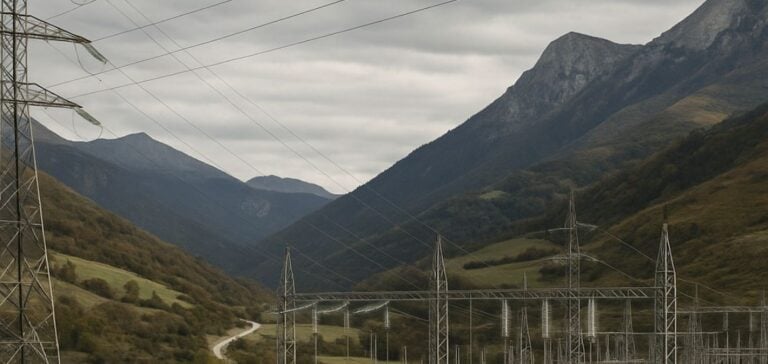Spain and Portugal are implementing distinct yet coordinated strategies to prevent a recurrence of the widespread blackout that left millions of users without power for several hours last April. Although the two countries share a strongly interconnected electrical infrastructure, their approaches remain specific, tailored to their respective technical capabilities and national requirements.
Spanish measures: Enhanced storage and supervision
In Spain, the government has adopted a series of measures focused on technically and structurally strengthening the national electrical grid. The priorities are voltage regulation and energy storage, particularly emphasizing the systematic integration of batteries into new renewable installations. This decree also includes increased monitoring of electrical stability to anticipate and better manage network fluctuations. The government’s aim is to prevent any further cascade of disconnections, identified as central to the April blackout.
These measures directly address technical failures observed during the blackout, notably the inadequate management of voltage fluctuations and sequential disconnections by some power producers. A revision of installation procedures for wind and solar farms is also planned, aiming to streamline and accelerate the deployment of new generation assets capable of rapidly reinforcing the grid.
Portugal: Focus on resilience and energy autonomy
On the Portuguese side, the approach emphasizes immediate and long-term grid security through maintaining power plants capable of autonomous startup (black-start). These units will remain permanently available until the end of the decade, providing rapid response capabilities in case of widespread outages. The national operator, Rede Eléctrica Nacional (REN), has also temporarily limited electricity imports from Spain to stabilize its internal grid.
Additionally, the Portuguese government has established an independent commission tasked with precisely evaluating the technical causes of the incident. This initiative is supported by close collaboration with European regulators, including the European Network of Transmission System Operators for Electricity (ENTSO-E), to strengthen cooperation and improve collective responsiveness to cross-border electricity crises.
These initiatives clearly demonstrate the determination of both countries to reinforce their respective energy networks in the short term while maintaining strong regional and European cooperation. The coming weeks will help assess the practical effectiveness of these complementary strategies and their impact on the Iberian energy sector.






















